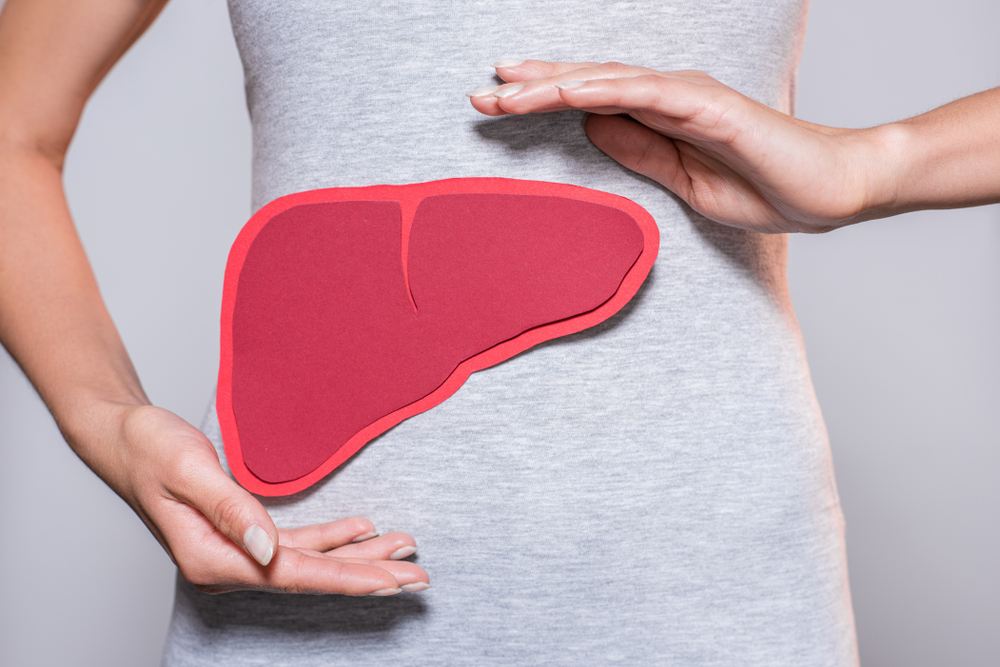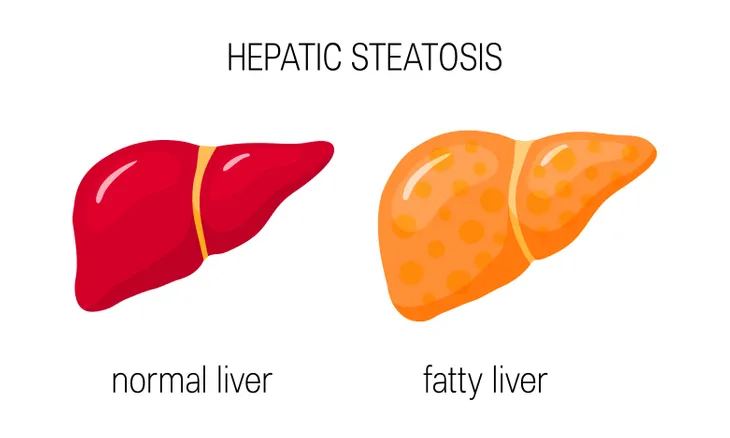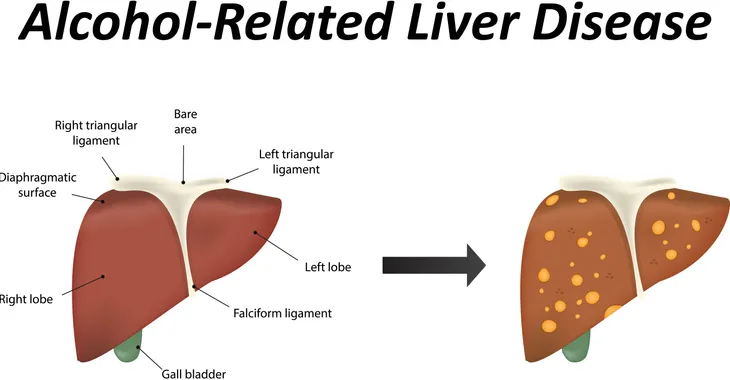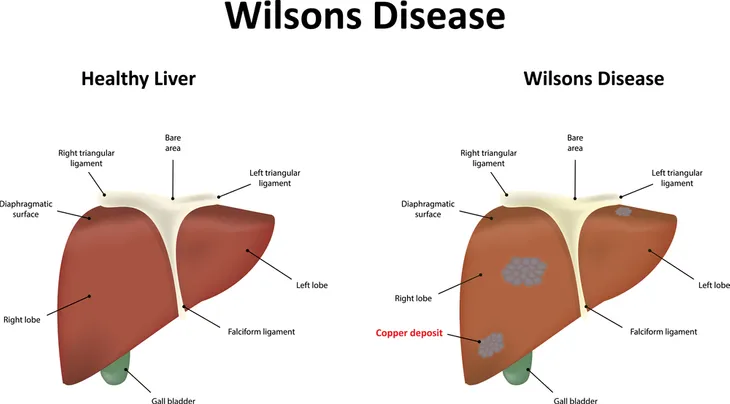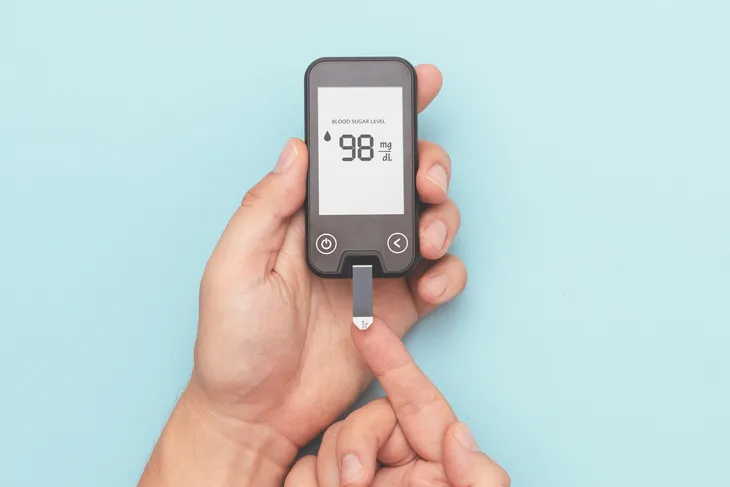So, your doctor said that you have a high liver enzyme count…now what? It could be associated with a disease or another health problem, but a doctor will be the one to assess the symptoms and rule out the possible causes. In some cases, further tests will be needed to pinpoint the exact reason behind the elevated liver enzyme count. It can be something relatively minor that can easily be adjusted, or it can be something more serious that requires further medical supervision.
Pain Relievers
Over-the-counter (OTC) pain relievers can cause your liver enzyme count to be high. LiveStrong says some types can stress your liver at the recommended dose while others can stress your liver at nearly any dose.
Aside from OTC pain relievers, prescription drugs for cholesterol can also be the culprit. If your liver enzyme count is high be sure to discuss any prescription and OTC medications you are taking with your doctor.
Heart Failure
This is a more concerning cause of a high liver enzyme count because it means your heart isn’t pumping blood the way it should be, notes the Mayo Clinic. Certain conditions, such as coronary artery disease, can stress the heart and make it too weak to pump efficiently.
“Not all conditions that lead to heart failure can be reversed, but treatments can improve the signs and symptoms of heart failure and help you live longer,” adds the source. While the doctor may be able to trace the cause of your heart problems (such as congestive heart failure), elevated liver enzymes aren’t always traced to the heart.
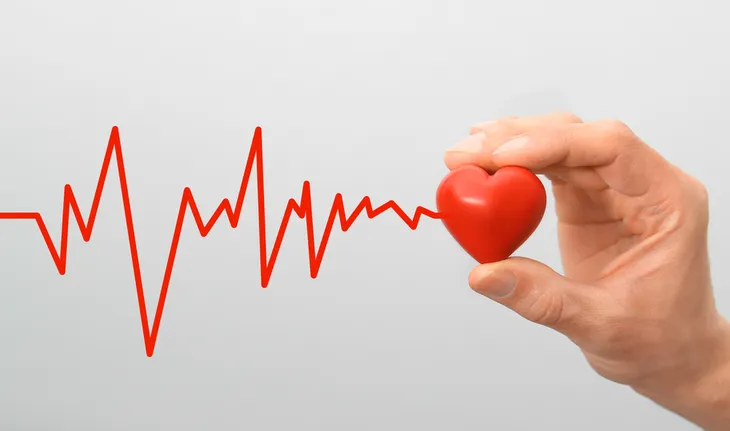 Shutterstock/New Africa
Shutterstock/New AfricaNon-Alcoholic Fatty Liver Disease
The Cleveland Clinic says non-alcoholic fatty liver disease is one of the most common causes of a high liver enzyme count, which can range in severity. It represents the storage of extra fat in the liver. The disease is “mostly silent,” which is why it is often discovered incidentally through routine tests for another health problem (such as blood tests as part of your yearly physical).
Although the disease often sits in the background as a benign condition until it’s discovered, it can be serious if it’s in the form of nonalcoholic steatohepatitis (NASH). “NASH can progress to fibrosis and lead to end-stage liver disease,” adds the source.
Hepatitis
MedicineNet explains testing for liver enzyme counts is one of three ways that doctors evaluate patients with hepatitis (or inflammation of the liver). “If the liver is injured (as in viral hepatitis), the liver cells spill the enzymes into the blood, raising the enzyme levels in the blood and signaling that the liver is damaged,” it notes.
Hepatitis is commonly caused by a viral infection, and there’s an autoimmune form of the disease that causes your own body’s immune system to attack your otherwise healthy liver. There are a number of types of hepatitis, each with its own possible causes.
Alcoholic Liver Disease
The National Institute on Alcohol Abuse and Alcoholism says that a history of heavy drinking may be responsible for your high liver enzyme count. However, alcoholic liver disease (ALD) can sometimes be a challenge for doctors to diagnose because patients often downplay their alcohol consumption, notes the source.
A medical diagnosis then relies on lab tests of three specific liver enzymes: gamma-glutamyltransferase (GGT), aspartate aminotransferase (AST), and alanine aminotransferase (ALT). Doctors will look for AST levels that are significantly higher than ALT levels.
The source explains that studies have shown that in about 80-percent of cases of ALD, the AST level is more than double that of the ALT level. GGT is another indicator of excessive drinking, “but GGT is present in many organs and is increased by other drugs as well,” it adds.
Celiac Disease
This is a condition where the digestive system is sensitive to gluten, which is found in grains, such as wheat, rye, and barley, causing a host of unpleasant symptoms. It can also cause your liver enzyme count to be out of whack, notes the University of Chicago Medicine.
The source also points out that your liver enzyme levels should go back to normal soon after cutting out gluten products (from a month to a year). If they don’t, then you may have another problem on your hands. Doctors may have to perform a liver biopsy if a change in your diet (such as a gluten-free diet) doesn’t cause the enzyme levels to decrease and no other cause is obvious.
Thyroid Problems
Hypothyroidism (or a low-functioning thyroid gland) is when this gland doesn’t produce enough thyroid hormones, which are responsible for a number of functions in your body (including liver function), notes Everyday Health.
The liver and thyroid are pretty closely connected. “Not only does the liver play a role in the chemical process that develops thyroid hormones but also untreated hypothyroidism can cause problems in liver function over time,” it explains. The doctor may order a liver panel test to look for things such as irregular GGT liver enzyme levels to determine a course of treatment.
Wilson’s Disease
Wilson’s disease could also be the cause of elevated liver enzymes, specifically ALT and AST. This is a “rare inherited disorder that causes copper to accumulate in your liver, brain and other vital organs,” explains the Mayo Clinic.
While copper is an essential mineral that plays a role in developing healthy bones and nerves, individuals with Wilson’s disease can’t eliminate copper properly. This causes it to accumulate “to a life-threatening level,” says the source. Luckily, if caught early, the disease is treatable but if left untreated, it can be fatal.
Risk Factors
Certain factors may increase your risk for elevated liver enzymes. For starters, the Cleveland Clinic says alcohol abuse and taking certain medications or vitamin supplements may increase your risk.
Having diabetes or a family history of liver disease may also increase your risk. As can having hepatitis or exposure to hepatitis, says the source. If you’re worried about your risk, talk to your doctor if you should be screened for high liver enzymes.
Common Symptoms of Elevated Liver Enzymes
Unfortunately, many people with elevated liver enzymes don’t develop symptoms, says the Cleveland Clinic. However, if the high levels cause liver damage, you may develop noticeable symptoms.
Some symptoms of liver damage to be on the lookout for include stomach pain, fatigue, jaundice (yellowing of the skin and whites of the eyes), and itching. You may also have dark urine, light-colored stools, loss of appetite, nausea, and vomiting. If you develop any of these symptoms, contact your doctor.
How Is It Treated?
Treatment will depend on what is causing your high liver enzyme count. For example, if non-alcoholic fatty liver disease is causing your high levels, your doctor may recommend dietary changes and exercise.
If liver enzymes remain high after initial treatment your doctor may require more tests such as blood tests, ultrasound, computed tomography (CT) scan, or magnetic resonance imaging (MRI) scan. You may also be referred to a liver specialist, known as a hepatologist.
Can It Be Prevented?
While not all conditions that cause high liver enzymes can be prevented, there are steps you can take to help keep your liver healthy, says the Cleveland Clinic. For starters, you can avoid alcohol, or at the very least drink in moderation.
The source says you can also protect your liver by managing a healthy weight, eating a healthy diet, and exercising regularly. If you have diabetes, it’s important to manage your blood sugar levels. Furthermore, to protect yourself against hepatitis you can get the hepatitis A and B vaccine (if you don’t have it already). Finally, the source says you should inform your doctor about any medications, herbs, and supplements you take to ensure it’s safe for your liver.
